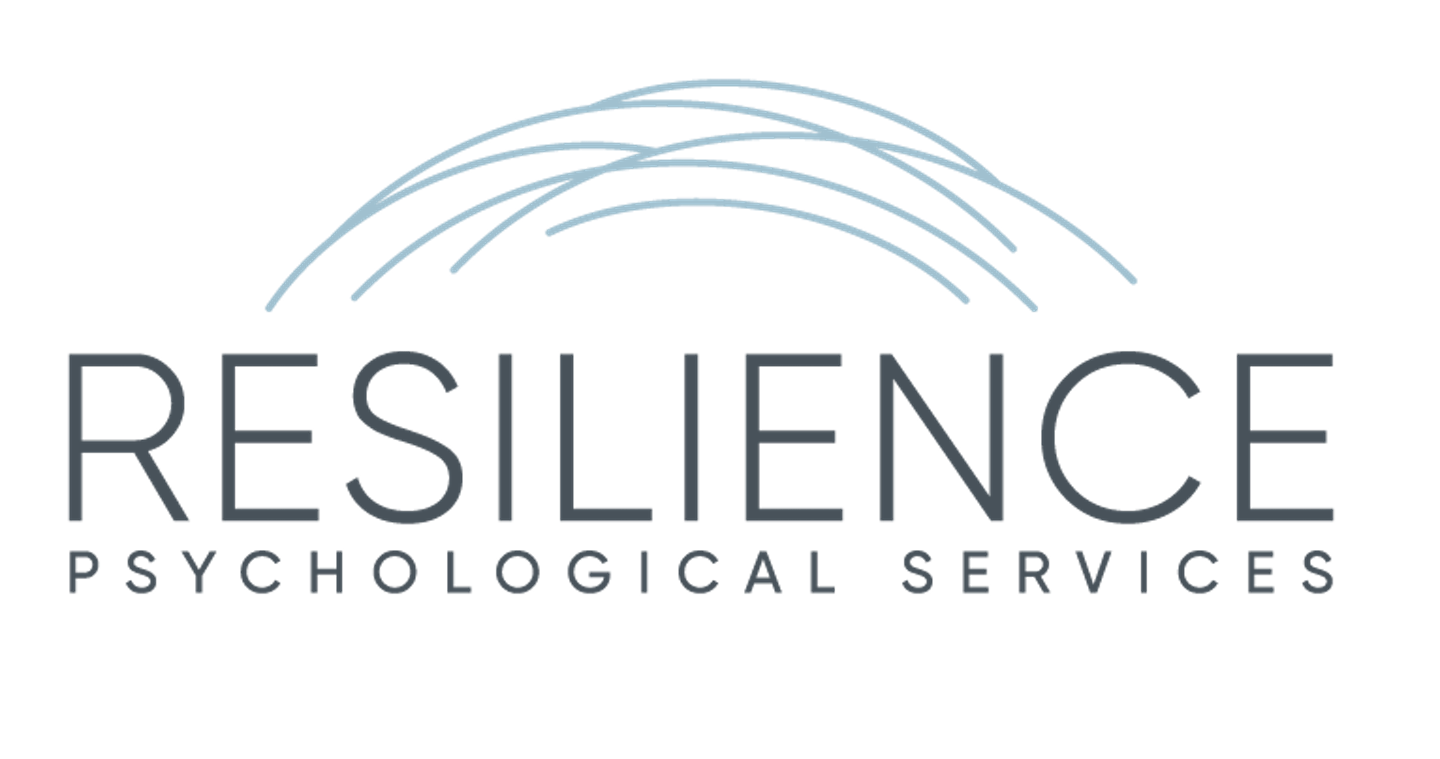What is ADHD?
Attention Deficit Hyperactivity Disorder (ADHD) is a common condition that manifests as persistent patterns of inattention, hyperactivity, and/or impulsivity. If you suffer from ADHD, you might find yourself continually becoming distracted, having difficulty sustaining attention, feeling restless, behaving impulsively, or having difficulty managing emotional responses. Symptoms typically present in childhood and can last into adulthood where they can impact relationships with friends and family and impact work performance and job security.
If this sounds like you, you’re not alone. While we’re all prone to periods of inattention and impulsive decision-making from time to time, people with ADHD tend to experience these behaviors much more often and with greater severity. As a result, the effects on their personal and professional lives can be profound.
Living with ADHD can be particularly challenging when it exists alongside other challenges such as addiction, anxiety, or depression. Left untreated, ADHD can present significant challenges when it comes to finding educational, professional, and personal fulfillment. We’re here to help you find a creative, positive, forward-looking approach to understanding and addressing your ADHD, so you can find, rediscover, or work toward that sense of fulfillment.
HOW WE CAN HELP
If you haven’t yet been diagnosed with ADHD, our therapists at Resilience have the expertise required to evaluate your situation and determine whether a diagnosis of ADHD is appropriate or if there are other ways to understand your symptoms.
There are a plethora of ways that therapy can help with managing the symptoms of ADHD. Whether you’ve known of your ADHD for many years or this is a new diagnosis for you, we can help you to learn particular behavioral techniques that allow you to increasingly take notice of, and gradually take some control over, how your symptoms present themselves. Therapy can help to shed light on aspects of your inattentive or impulsive behaviors that would be difficult to see all on your own.
For some people, their goal and hope in therapy is to discover specific, pragmatic behavioral techniques or coping strategies to manage their ADHD symptoms; this might include, for example, improving social skills like listening and emotional awareness, learning strategies for impulse control, and improving organizational skills. Others enter therapy with a more general wish to reflect on the ways that their symptoms have shaped their inner and outer lives and their relationships with others. Others hope to gain mindfulness practice, such as learning meditation and grounding skills. There are many ways that a welcoming, non-judgmental, sustained therapeutic relationship can relieve some of your ADHD symptoms and open up possibilities for new ways of understanding and living with this condition.
Common signs
Difficulty concentrating
Difficulty self-soothing
Disorganization
Forgetfulness
Hyperactivity
Impulsivity
Irritability
Because the symptoms of ADHD are frequently painful for not only individuals but also couples and families, we invite you to consider how you and your loved ones may benefit from any type of therapy (individual, relationship, family), as they can all be helpful to address the specific challenges of this condition.
We invite you to contact us for a free consultation.





